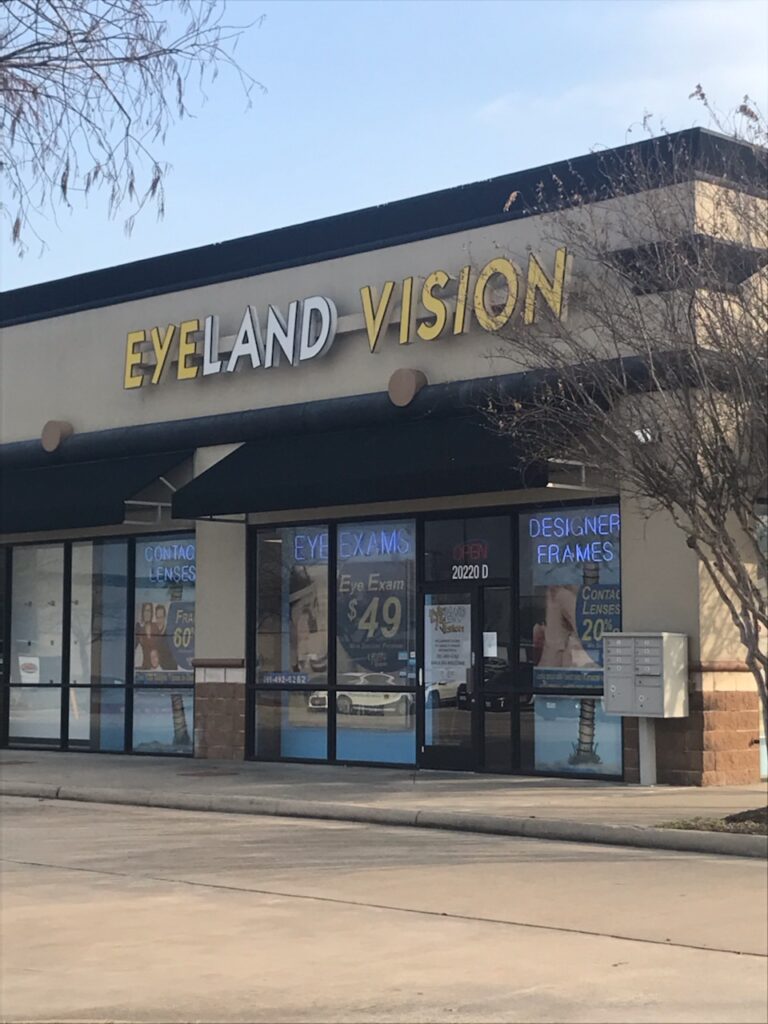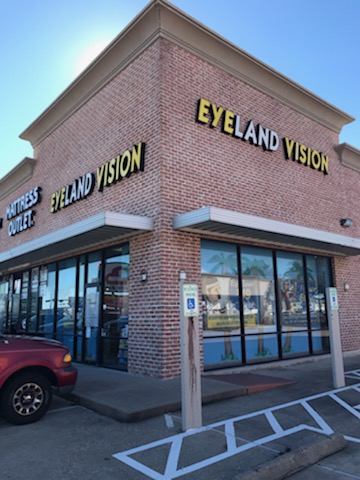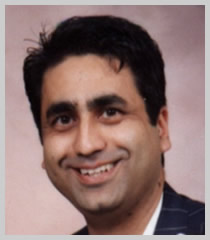KATY: (281) 492-6262 | WEST OAKS: (281) 589-2955SoHo 94 Broadway St New York, NY 1001Mon. - Fri. 9 am - 6 pm | Sat. 9 am - 4 pm | Sun. CLOSED
close
Cart
You are here:
- Home
- Cart

20220-D Katy Freeway
(at Fry Rd in Best Buy shopping center)
Katy, TX 77449
(281) 492-6262

3418 Highway 6 South Suite E
(at Westpark next to UPS)
Houston, TX 77082
(281) 589-2955

3418 Highway 6 S., Ste. E
(at Westpark, next to UPS)
Houston, TX 77082
(281) 589-2955

20220-D Katy Freeway
(at Fry Rd, in Best Buy shopping center)
Katy, TX 77449
(281) 492-6262
| My child has difficulty concentrating and paying attention. | 1. Never | 2. Sometimes | 3. Often |
|---|---|---|---|
| My child requires a lot of time to complete homework. | 1. Never | 2. Sometimes | 3. Often |
| My child complains of blurred vision, or double vision when reading. | 1. Never | 2. Sometimes | 3. Often |
| My child complains of eyestrain or headaches when reading. | 1. Never | 2. Sometimes | 3. Often |
| My child loses his/her place when reading or skips words or lines. | 1. Never | 2. Sometimes | 3. Often |
| My child has difficulty copying from the board. | 1. Never | 2. Sometimes | 3. Often |
| My child has difficulty with handwriting. | 1. Never | 2. Sometimes | 3. Often |
| My child reverses letters, numbers or confuses similar words. | 1. Never | 2. Sometimes | 3. Often |
| My child becomes tired or sleepy after short periods of time or his/her reading comprehension deteriorates with time. | 1. Never | 2. Sometimes | 3. Often |
| My child has struggled in school. | 1. Never | 2. Sometimes | 3. Often |
Add up the total score for the ten questions and compare it to the following guideline.
| Score | What The Score Means |
|---|---|
| 10-12 | Your child probably does not have a vision problem interfering with school performance. |
| 13-18 | Your child may have a vision problem interfering with school performance. |
| 19-30 | Your child almost certainly has a vision problem interfering with school performance. |
If a child has a score greater than 12 it is strongly suggested that an evaluation be done testing those aspects of vision that might be contributing to learning difficulties. If a problem is detected, a Vision Therapy program may be recommended to eliminate the vision disorders.

Dr. Khalfe received his Doctor of Optometry (O.D.) degree from the University of Houston, College of Optometry, in 1991. He also received his Bachelor of Science (BSc.) in Biology from the University of Houston in 1989. Dr. Khalfe completed his undergraduate (BSc.) and doctorate (O.D.) degrees in six and a half years instead of the standard eight years. The College of Optometry faculty voted Dr. Khalfe as one of the top ten clinicians in Spring 1989, Fall 1989, and Spring 1990. Dr. Khalfe is the founder of Eyeland Vision. He envisioned an Optometric practice fully owned and operated by a doctor whose number one priority would be the well-being of the patient. He also wanted to serve his patients in a relaxed and wistful environment, away from the chaotic and over-crowded mall locations. Today, Eyeland Vision, is a reality and a visit to any of the practices will confirm that Dr. Khalfe’s vision has been accomplished.
Dr. Khalfe is board certified to diagnose and treat most eye diseases including red eyes, dry eyes, cataracts, glaucoma, diabetic retinopathy, hypertensive retinopathy, foreign body removal and macular degeneration. Dr. Khalfe has extensive experience in fitting all kinds of contact lenses, including specialty contact lenses for correction of astigmatism (toric contact lenses), presbyopia (bifocal contact lenses), monovision (one eye fitted for distance and the other for near), and keratokonus (abnormal corneal). Dr. Khalfe is a member of the American Optometric Association, Texas Optometric Association, and the Harris County Optometric Association since 1987. Dr. Khalfe has been providing free eye exams to the homeless since 1991, during the “Save Your Vision Week” sponsored by the American Optometric Association. He has also served as the 2nd Vice President at the Commonwealth Elementary School and is a volunteer at his children’s Sunday school.